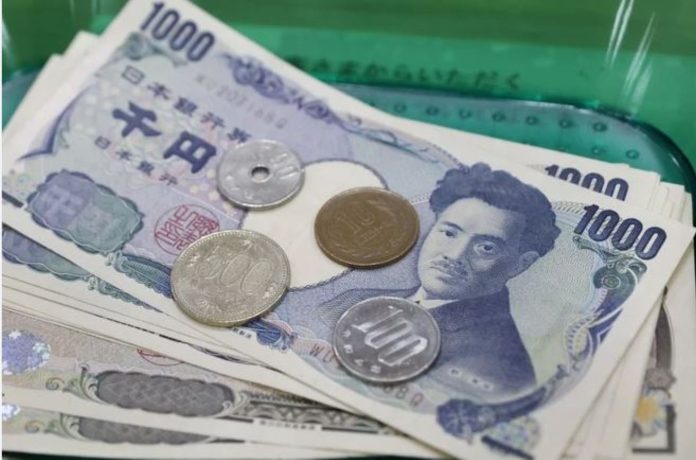April saw a decline in business confidence among major Japanese manufacturers and service sector companies, influenced by inflationary pressures and uncertain economic conditions in China, according to a monthly poll.
The Reuters Tankan survey highlighted that the weakening of the yen to levels last witnessed in 1990, during the era of asset-inflated bubbles, has resulted in increased import costs, negatively impacting household consumption.
Although the depreciation of the currency has contributed to higher export values, the survey noted that the volume of shipments hasn’t experienced a proportional rise.

In January, Japan’s exports grew by 7.3% compared to the previous year, primarily due to increased shipments to the United States, particularly automobiles and car parts.
However, despite this positive export performance, confidence among large corporations dipped. The trade surplus for January amounted to 366.5 billion yen.
The sentiment index for manufacturers in the Reuters Tankan survey dropped to plus 9 from the previous month’s plus 10, with chemicals and food processing sectors being the major contributors to this decline.
Similarly, the services sector index fell to plus 25 from plus 32 in the preceding month, despite some improvements observed among retailers. However, the survey revealed a slight improvement in sentiment indexes for both sectors over the next three months.

The survey, conducted from April 3rd to 12th, coincided with the Japanese currency reaching its lowest level against the dollar in 34 years, surpassing 153 yen.
This has led to authorities issuing repeated warnings against speculative or destabilizing currency movements, especially as the dollar breached 154 yen during that week.
Commenting on the situation, a manager from a chemicals manufacturer, speaking anonymously in the survey, mentioned, “Our sales appear to be boosted due to the impact of a weak yen, but there’s no sign of recovery in terms of volume.”


